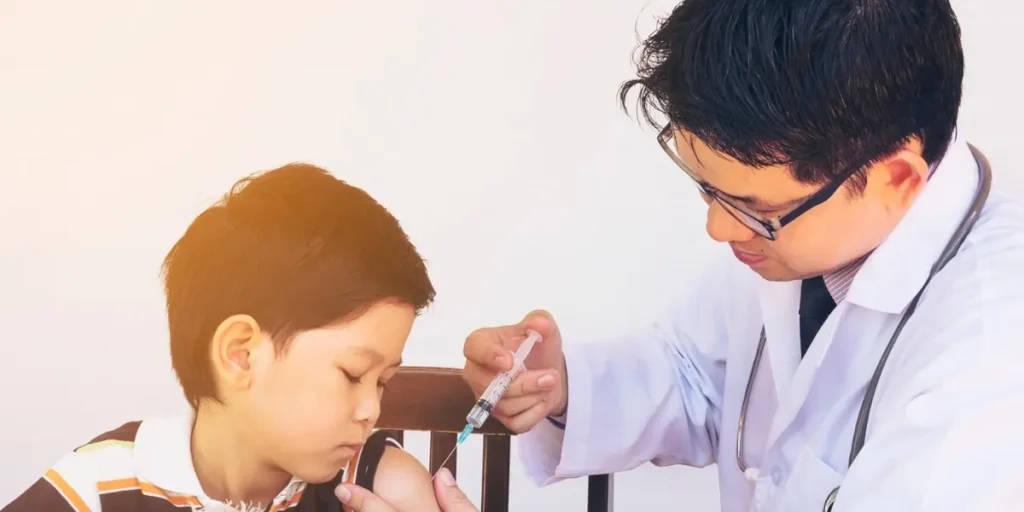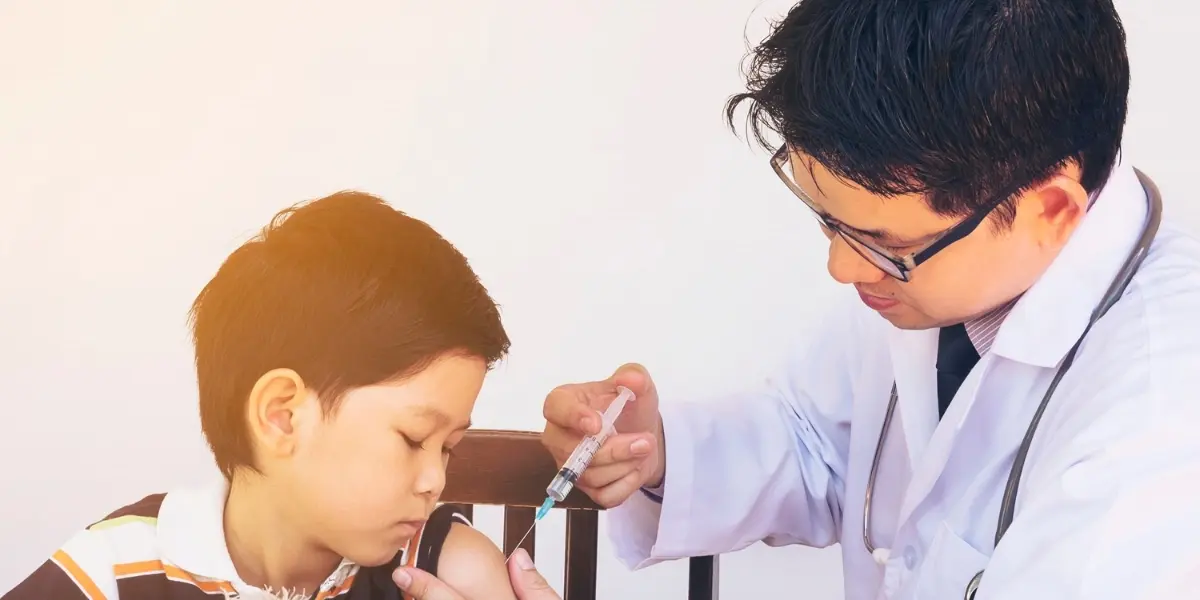Children require extra care, especially when it comes to delicate health conditions like urinary or genital issues. Parents often face anxiety when their little one experiences recurring infections, difficulty urinating, or congenital abnormalities. Thankfully, families can find specialized and compassionate support through pediatric urology in Bangalore, where expert doctors provide holistic care designed for young patients.
The goal of pediatric urology care is not only to treat the medical condition but also to ensure the child’s comfort and emotional well-being. Equipped with state-of-the-art diagnostic tools and child-friendly facilities, hospitals across Bangalore—including centers in Jayanagar and Tilak Nagar—focus on accurate diagnosis and personalized treatment for every child.

Urological conditions in children can affect the kidneys, bladder, urethra, or genital organs. Early identification and treatment are vital to prevent long-term complications.
Common issues managed by specialists include:
With experienced doctors and advanced technology, pediatric urology treatment in Bangalore ensures that even complex cases are managed safely and effectively.
Modern facilities offering pediatric urology in Bangalore rely on advanced, minimally invasive diagnostic methods that minimize discomfort for children. These tests help doctors determine the exact cause of urinary or genital issues before deciding on a treatment plan.
These non-invasive and minimally invasive tests help pinpoint the cause of urological issues with precision.
🩺 Additional diagnostic support includes:
Early and accurate diagnosis helps in preventing irreversible kidney damage and allows timely treatment.
Delaying consultation with a pediatric urologist in Bangalore can lead to serious complications, both physical and emotional.
Regular follow-ups and preventive care are crucial to reduce these risks and promote healthy urinary function.
Diagnosing pediatric urological conditions involves multiple steps:
Facilities in Jayanagar and Tilaknagar offer expert diagnostic services, ensuring parents have access to reliable care.
The treatment plan depends on the specific diagnosis and the child’s overall health. At reputed centers offering pediatric urology in Bangalore, doctors combine medical, surgical, and behavioral therapies to ensure lasting results.
Common treatment methods include:
Consulting an experienced pediatric urologist in Bangalore ensures personalized treatment tailored to the child’s age and condition.
Preventive care is the best approach to maintaining urinary health in children. Parents can play a significant role by adopting healthy habits and encouraging their children to do the same.
Effective preventive measures include:
Developing these habits early can significantly reduce the risk of future urological problems. Centers providing pediatric urology treatment in Bangalore also educate parents about preventive strategies to ensure continued well-being.
Recovery after pediatric urological surgery requires special care, attention, and patience. Doctors provide detailed post-operative guidelines to ensure the child heals properly and resumes normal activities soon.
Post-surgical care recommendations:
With expert medical monitoring and parental support, children typically return to their normal routines within weeks of surgery.
When it comes to your child’s health, expertise and compassion make all the difference. Nephro Uro Clinic, led by Dr. I. R. Ravish, is recognized as one of the trusted centers for pediatric urology in Bangalore. The clinic combines medical excellence with a child-friendly approach, ensuring young patients feel comfortable and cared for at every stage.
Here’s why families choose Nephro Uro Clinic:
With its holistic approach and focus on child comfort, Nephro Uro Clinic remains a leading choice for families seeking quality pediatric urology care.
Ensuring your child’s urinary and reproductive health is one of the most important steps in supporting their overall development. By consulting trusted specialists in pediatric urology in Bangalore, parents can find accurate diagnoses, compassionate care, and long-term solutions to even the most complex conditions.
Whether it’s preventive advice, surgical correction, or advanced pediatric urology treatment in Bangalore, families can rely on experts like Dr. I. R. Ravish and the team at Nephro Uro Clinic. Early intervention not only restores physical health but also helps children regain confidence and enjoy a happy, active childhood.
Check out Best Pediatric Urologist in India.

Safety Rate
Safety Rate
Children require extra care, especially when it comes to delicate health conditions like urinary or genital issues. Parents often face anxiety when their little one experiences recurring infections, difficulty urinating, or congenital abnormalities. Thankfully, families can find specialized and compassionate support through pediatric urology in Bangalore, where expert doctors provide holistic care designed for young patients.
The goal of pediatric urology care is not only to treat the medical condition but also to ensure the child’s comfort and emotional well-being. Equipped with state-of-the-art diagnostic tools and child-friendly facilities, hospitals across Bangalore—including centers in Jayanagar and Tilak Nagar—focus on accurate diagnosis and personalized treatment for every child.
Urological conditions in children can affect the kidneys, bladder, urethra, or genital organs. Early identification and treatment are vital to prevent long-term complications.
Common issues managed by specialists include:
With experienced doctors and advanced technology, pediatric urology treatment in Bangalore ensures that even complex cases are managed safely and effectively.
Modern facilities offering pediatric urology in Bangalore rely on advanced, minimally invasive diagnostic methods that minimize discomfort for children. These tests help doctors determine the exact cause of urinary or genital issues before deciding on a treatment plan.
These non-invasive and minimally invasive tests help pinpoint the cause of urological issues with precision.
🩺 Additional diagnostic support includes:
Early and accurate diagnosis helps in preventing irreversible kidney damage and allows timely treatment.
Delaying consultation with a pediatric urologist in Bangalore can lead to serious complications, both physical and emotional.
Regular follow-ups and preventive care are crucial to reduce these risks and promote healthy urinary function.
Diagnosing pediatric urological conditions involves multiple steps:
Facilities in Jayanagar and Tilaknagar offer expert diagnostic services, ensuring parents have access to reliable care.
The treatment plan depends on the specific diagnosis and the child’s overall health. At reputed centers offering pediatric urology in Bangalore, doctors combine medical, surgical, and behavioral therapies to ensure lasting results.
Common treatment methods include:
Consulting an experienced pediatric urologist in Bangalore ensures personalized treatment tailored to the child’s age and condition.
Preventive care is the best approach to maintaining urinary health in children. Parents can play a significant role by adopting healthy habits and encouraging their children to do the same.
Effective preventive measures include:
Developing these habits early can significantly reduce the risk of future urological problems. Centers providing pediatric urology treatment in Bangalore also educate parents about preventive strategies to ensure continued well-being.
Recovery after pediatric urological surgery requires special care, attention, and patience. Doctors provide detailed post-operative guidelines to ensure the child heals properly and resumes normal activities soon.
Post-surgical care recommendations:
With expert medical monitoring and parental support, children typically return to their normal routines within weeks of surgery.
When it comes to your child’s health, expertise and compassion make all the difference. Nephro Uro Clinic, led by Dr. I. R. Ravish, is recognized as one of the trusted centers for pediatric urology in Bangalore. The clinic combines medical excellence with a child-friendly approach, ensuring young patients feel comfortable and cared for at every stage.
Here’s why families choose Nephro Uro Clinic:
With its holistic approach and focus on child comfort, Nephro Uro Clinic remains a leading choice for families seeking quality pediatric urology care.
Ensuring your child’s urinary and reproductive health is one of the most important steps in supporting their overall development. By consulting trusted specialists in pediatric urology in Bangalore, parents can find accurate diagnoses, compassionate care, and long-term solutions to even the most complex conditions.
Whether it’s preventive advice, surgical correction, or advanced pediatric urology treatment in Bangalore, families can rely on experts like Dr. I. R. Ravish and the team at Nephro Uro Clinic. Early intervention not only restores physical health but also helps children regain confidence and enjoy a happy, active childhood.
Check out Best Pediatric Urologist in India.
Pediatric urology treats children from birth up to 18 years. While most cases involve younger children, some conditions require care into adolescence. Specialists are trained to handle age-specific needs, ensuring a tailored approach to treatment.
Yes, pediatric urologists specialize in treating children’s urinary and genital health. They use child-friendly techniques to diagnose and treat conditions like UTIs, bedwetting, and congenital issues. Their expertise ensures effective and compassionate care.
Urinary tract infections (UTIs) are the most common pediatric urology cases. Other frequent issues include bedwetting, hydronephrosis, and undescended testicles. Early diagnosis and intervention are essential to prevent complications.